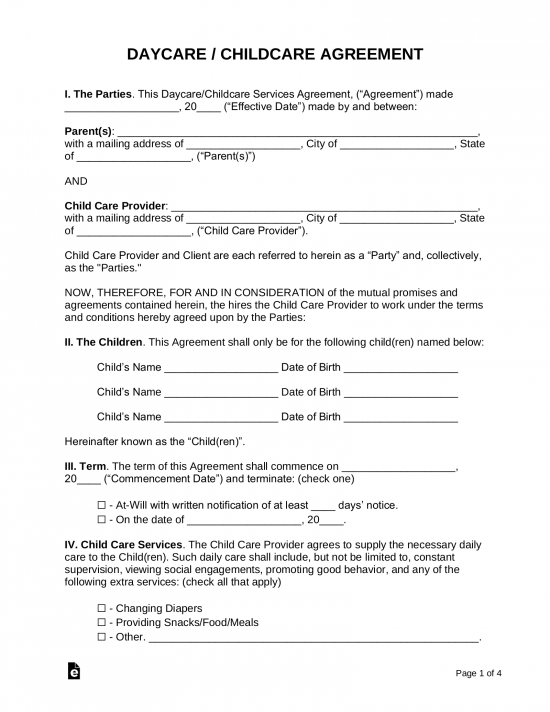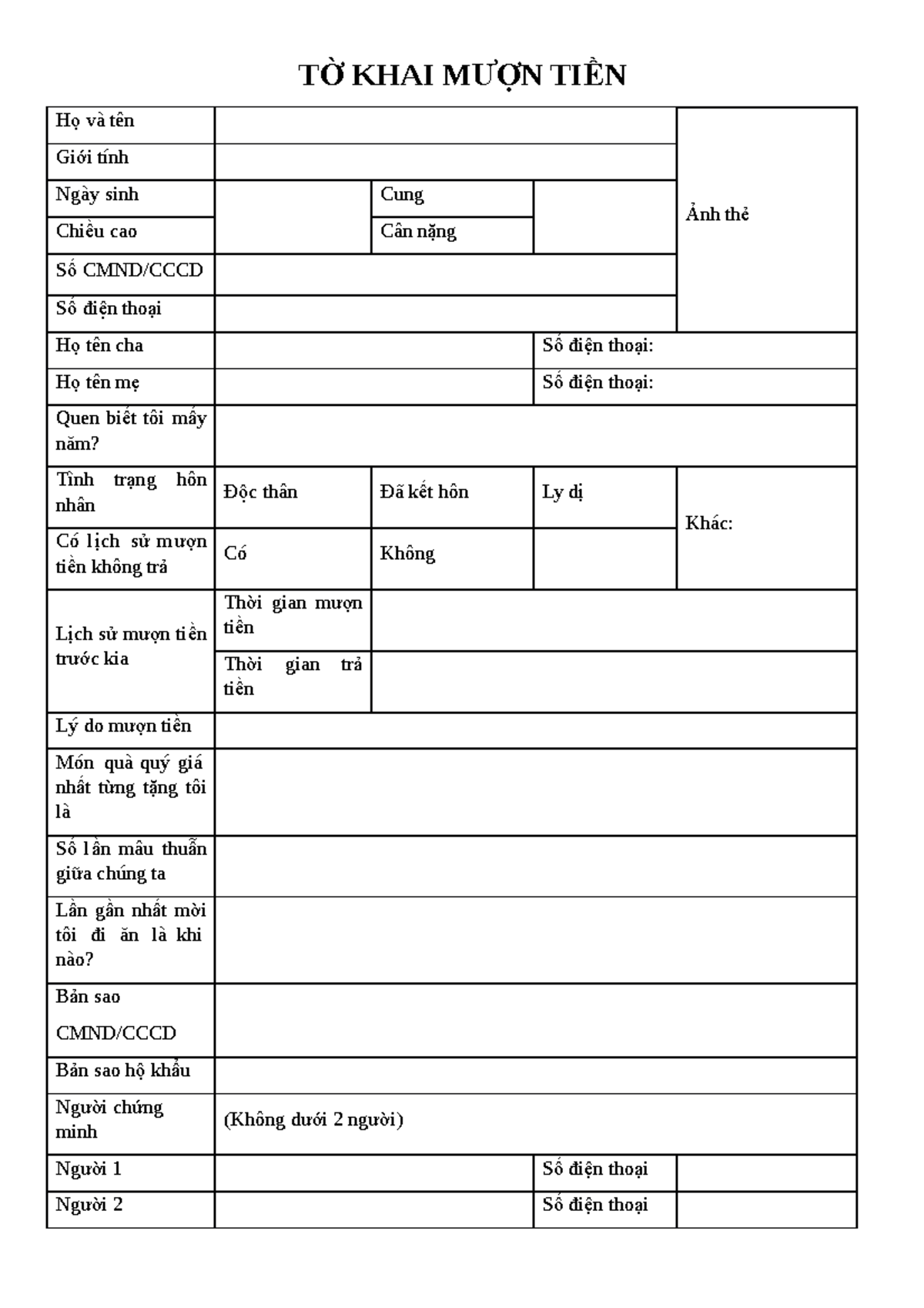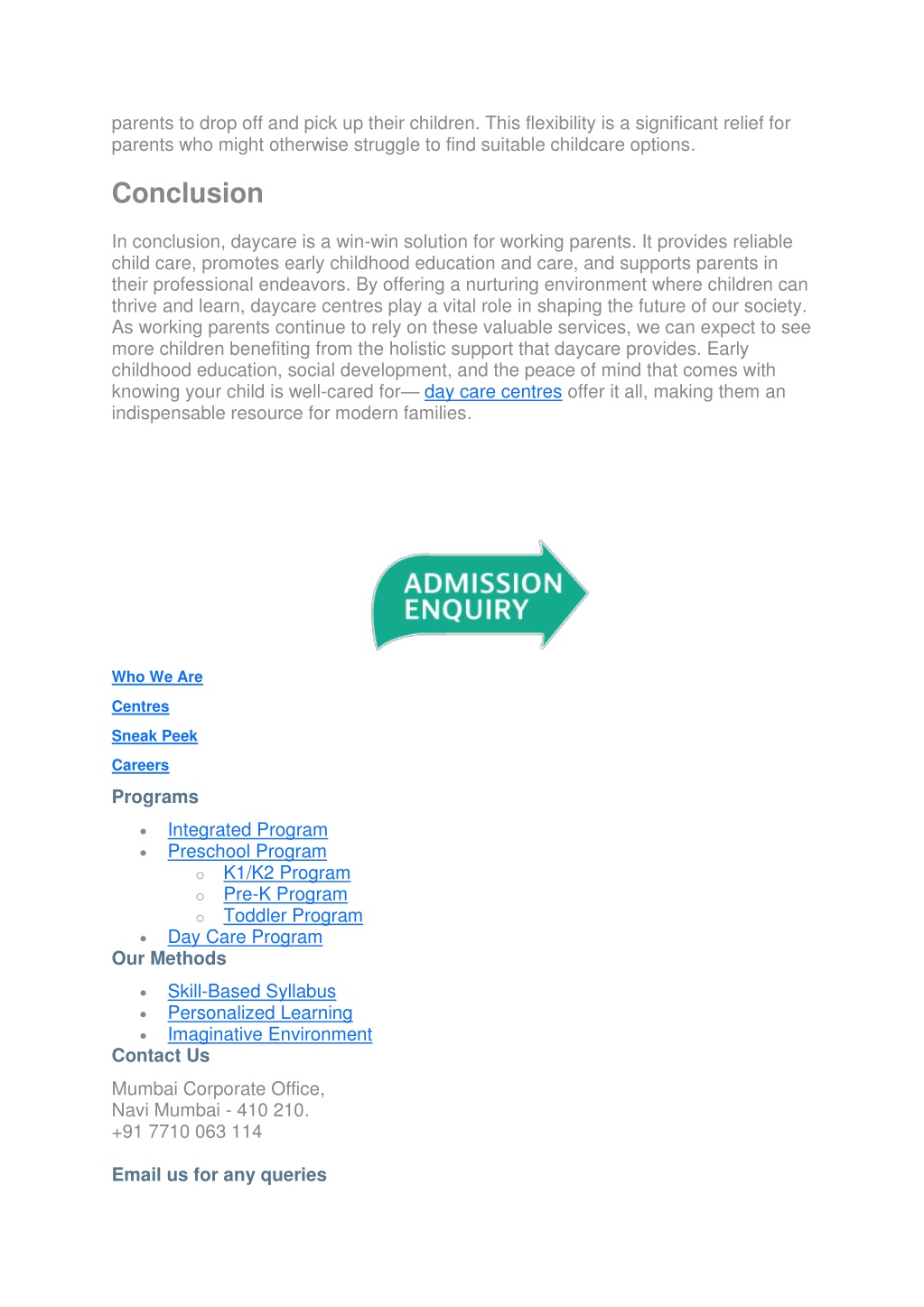DWP's April/May Universal Credit Refunds: Understanding The £5 Billion Cut Impact

Table of Contents
Understanding the £5 Billion Reduction in Universal Credit
The Mechanics of the Cut:
The DWP implemented several changes that contributed to the reduced Universal Credit payments. These changes primarily affected the benefit cap and the taper rate.
- Benefit Cap Reduction: The benefit cap, limiting the total amount of benefits a household can receive, was lowered, impacting numerous families.
- Taper Rate Increase: The taper rate, the percentage of earnings deducted from Universal Credit payments, was increased, leaving many working claimants with less disposable income.
- Targeted Groups: Specific groups, such as those with disabilities or larger families, faced disproportionately larger reductions in their payments.
Examples of Financial Impact:
- A family with two children previously receiving £1,000 per month might now receive £850 due to the benefit cap reduction.
- A single working claimant earning £1,500 per month might see their Universal Credit payment reduced by £200 due to the increased taper rate.
[Link to relevant government documentation on Universal Credit changes]
Who is Affected by the Universal Credit Cuts?
The Universal Credit cuts have impacted a broad range of claimants. The most vulnerable groups are:
- Families with children: The reduction in the benefit cap has particularly affected larger families.
- Working claimants: The increased taper rate significantly reduces the financial benefits of working for many individuals.
- Individuals with disabilities: Those with additional needs often face higher living costs and are disproportionately affected by these reductions.
Statistics on the exact number of affected claimants are still emerging, but early estimates suggest millions could be impacted. The level of reduction varies greatly depending on individual circumstances and household income.
How to Check if You're Eligible for a Universal Credit Refund
Identifying Potential Overpayments or Errors:
Carefully review your Universal Credit statements for April and May. Look for:
- Discrepancies in payment amounts: Compare your current payments with previous months to identify any significant drops.
- Incorrect deductions: Verify that all deductions, such as rent or child maintenance, are accurate.
- Missing elements: Ensure all relevant income and expenses have been considered in your payment calculation.
Gather supporting documentation such as payslips, bank statements, and tenancy agreements to support any claims of error.
The Process of Claiming a Refund:
If you believe you've been underpaid, follow these steps:
- Contact the DWP: Use their online portal or phone helpline to report the discrepancy.
- Submit your claim: Provide clear evidence demonstrating the error and the amount of the underpayment.
- Appeal if necessary: If your initial claim is rejected, you have the right to appeal the decision. This involves providing further supporting documentation and possibly attending a hearing.
[Link to relevant DWP contact information and online portals] The timeframe for receiving a response can vary, but typically takes several weeks.
Coping with the Impact of Universal Credit Changes
Resources and Support Available:
Many organizations can help those struggling with reduced Universal Credit payments:
- Citizens Advice: Offers free, impartial advice on benefits and debt management.
- Shelter: Provides advice and support on housing issues.
- Turn2us: Helps individuals find grants and financial assistance.
- StepChange: Offers free debt advice and support.
[Links to relevant charity websites and government websites providing information on benefits and financial support]
Budgeting and Financial Planning Advice:
Managing finances during periods of reduced income requires careful planning:
- Create a realistic budget: Track your income and expenses to identify areas where you can cut back.
- Seek professional advice: Consider contacting a debt advisor or financial planner for personalized support.
- Utilize budgeting tools: Many free online tools and apps can assist with budgeting and financial tracking.
[Links to helpful budgeting tools and resources]
Conclusion
The DWP's £5 billion reduction in Universal Credit payments has significantly impacted many claimants, particularly families with children and those working low-income jobs. Understanding the changes to the benefit cap and taper rate is crucial for navigating this complex situation. Carefully review your Universal Credit statements for April and May to identify potential overpayments or errors. Don't miss out on potential Universal Credit refunds. If you believe you are entitled to a refund, follow the steps outlined above to contact the DWP and appeal if necessary. Ensure you're receiving the correct Universal Credit payments. Learn more about navigating the Universal Credit changes and claiming potential refunds by contacting the relevant support organisations listed above. Act now to protect your financial well-being.

Featured Posts
-
 Deandre Dzordan I Nikola Jokic Neobican Obicaj I Uloga Bobija Marjanovica
May 08, 2025
Deandre Dzordan I Nikola Jokic Neobican Obicaj I Uloga Bobija Marjanovica
May 08, 2025 -
 Erick Pulgar Y Su Gesto Que Llega Al Corazon De Flamengo
May 08, 2025
Erick Pulgar Y Su Gesto Que Llega Al Corazon De Flamengo
May 08, 2025 -
 Counting Crows The Snl Effect
May 08, 2025
Counting Crows The Snl Effect
May 08, 2025 -
 29 Years Of Service Ryan Gentrys Coast Guard Legacy In The Outer Banks
May 08, 2025
29 Years Of Service Ryan Gentrys Coast Guard Legacy In The Outer Banks
May 08, 2025 -
 Andor Director Almost Reveals Rogue One Recut Details
May 08, 2025
Andor Director Almost Reveals Rogue One Recut Details
May 08, 2025
Latest Posts
-
 Is Daycare Right For Your Family A Practical Guide
May 09, 2025
Is Daycare Right For Your Family A Practical Guide
May 09, 2025 -
 Loi Khai Cua Bao Mau Va Hau Qua Vu Bao Hanh Tre Em Tien Giang
May 09, 2025
Loi Khai Cua Bao Mau Va Hau Qua Vu Bao Hanh Tre Em Tien Giang
May 09, 2025 -
 The High Cost Of Not Using Daycare A Financial Perspective
May 09, 2025
The High Cost Of Not Using Daycare A Financial Perspective
May 09, 2025 -
 Phan No Loi Khai Bao Mau Tat Tre Lien Tuc O Tien Giang
May 09, 2025
Phan No Loi Khai Bao Mau Tat Tre Lien Tuc O Tien Giang
May 09, 2025 -
 Working Parents And Daycare Navigating The Challenges
May 09, 2025
Working Parents And Daycare Navigating The Challenges
May 09, 2025
